Categories
Top Posts

Legal Services

Taxpayers

GST Return Filing

Legal Services

Legal Services

GST Registration

Taxpayers

Legal Services

Legal Services

Taxpayers

Legal Services

Taxpayers

Legal Services

GST Registration

Taxpayers

Legal Services

Legal Services
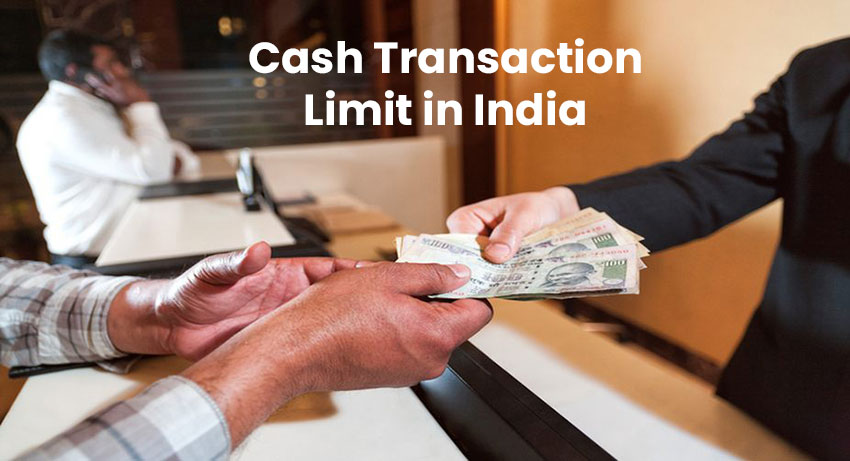
Legal Services

Legal Services

Legal Services
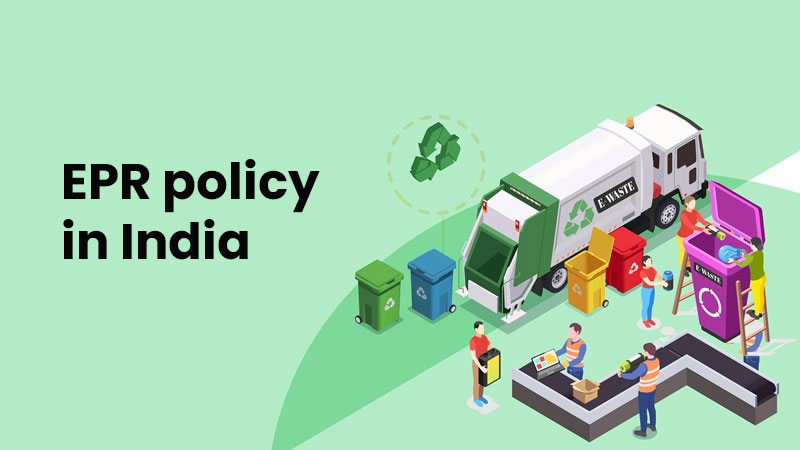
EPR Management

EPR Management

Legal Services

Legal Services
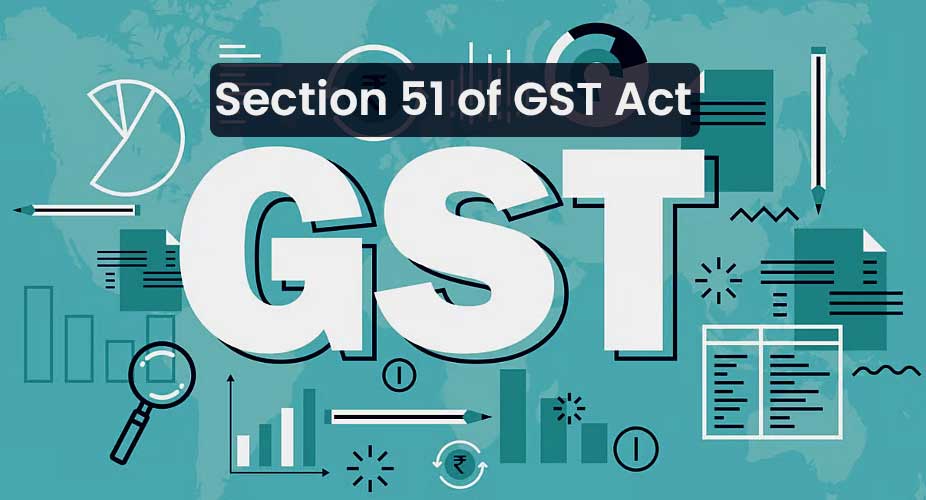
Taxpayers
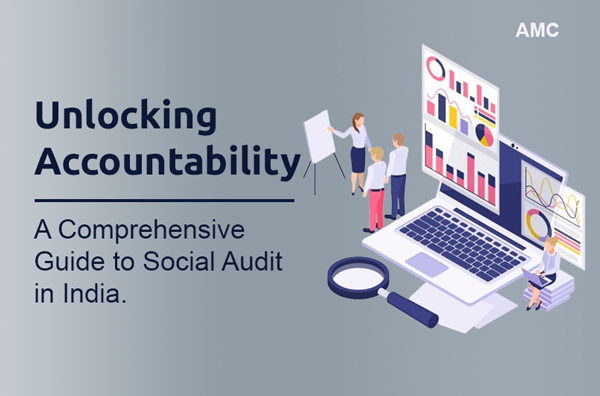
Social Audit
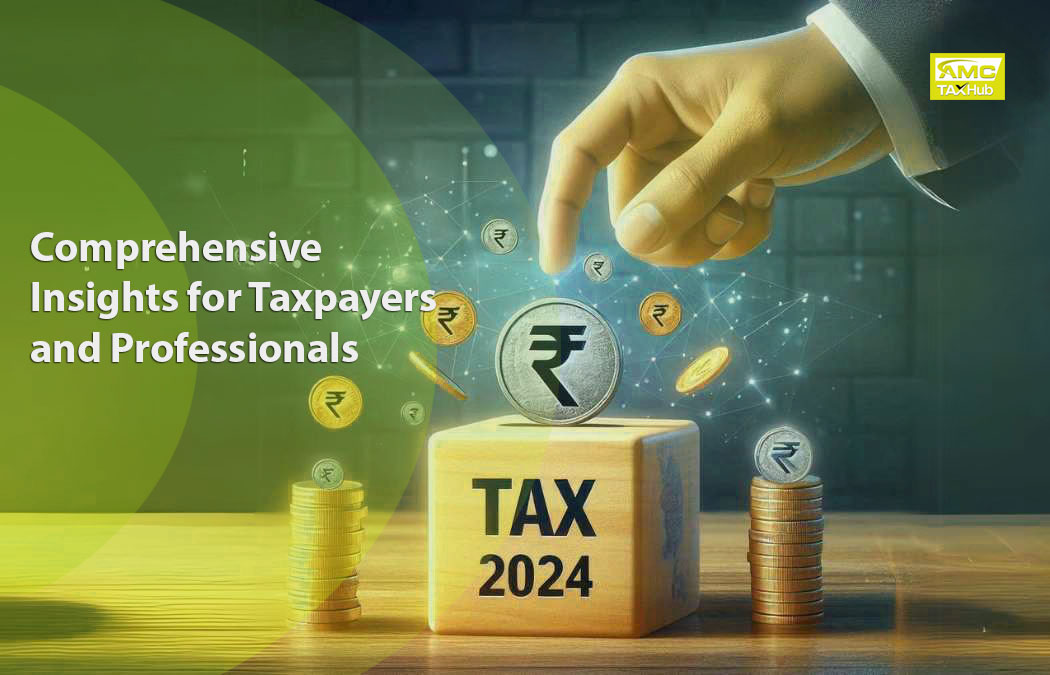
Taxpayers

GST Return Filing

Legal Services
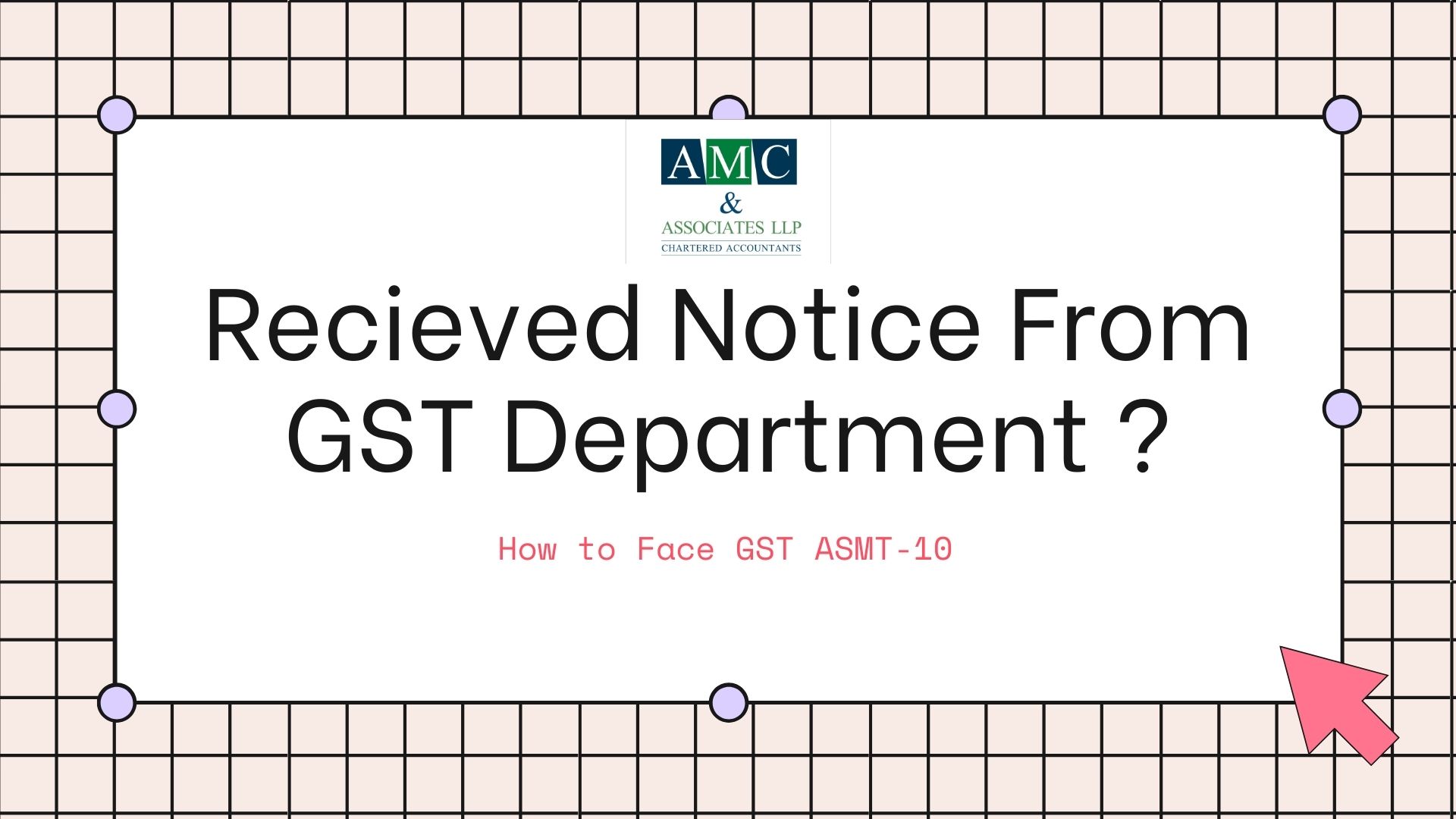
Legal Services

Legal Services

GST Return Filing

GST Registration

Legal Services

Merchant Category Code and its requirement
Posted: 9 months ago
What is a Merchant Category Code (MCC) and Why It Matters
A Merchant Category Code (MCC) is a four-digit number assigned to a business by credit card companies like Visa, Mastercard, American Express, and Discover. This code identifies the type of goods or services the merchant provides. For example, restaurants have a different MCC than clothing retailers or fuel stations. These codes play a crucial role in how transactions are processed, how rewards are earned on credit cards, and how businesses are categorized for tax and compliance purposes.
Why Merchant Category Codes Are Important
1. Credit Card Processing and Fees
Each MCC can influence the interchange rate or fee that merchants pay when processing credit card transactions. For instance, non-profit organizations may receive lower rates than regular retail stores because of their specific MCCs. Choosing the correct MCC ensures that the merchant is charged appropriately.
2. Credit Card Rewards and Benefits
Banks use MCCs to determine whether a transaction qualifies for bonus points or cashback rewards. For example, if a credit card offers 3% cashback on groceries, it will look for a grocery store MCC (like 5411) to apply the reward. If the business is miscoded, customers may not receive their expected rewards, which can lead to disputes and customer dissatisfaction.
3. Tax Reporting and Compliance
MCCs are used by financial institutions and the IRS to determine the type of business a merchant is running. This is important for 1099-K reporting and for identifying whether certain tax rules apply to a business. A wrong MCC can lead to compliance issues and possible audits.
4. Business Insights and Analytics
Understanding your own MCC can help with market segmentation and business intelligence. Banks, payment processors, and analytics platforms use MCC data to categorize industries, understand customer spending patterns, and offer targeted services.
How to Find or Change Your MCC
Businesses don’t typically choose their own MCC; it is assigned by the payment processor or acquiring bank when the merchant account is set up. However, if a business believes it was assigned an incorrect MCC, it can request a review or reclassification.
To check your current MCC:
-
Review your merchant account statement
-
Contact your payment processor or bank
-
Look for the MCC associated with your business name on any cardholder statements
Best Practices for Businesses
-
Verify your MCC during account setup to ensure accurate coding.
-
If you operate in multiple industries (e.g., a restaurant that also sells groceries), make sure your primary revenue stream matches the MCC.
-
Review how your MCC impacts payment processing costs and customer rewards.
-
Update your MCC if your business type changes significantly.
Conclusion
Merchant Category Codes may seem technical, but they play a critical role in how businesses operate in the digital payments ecosystem. From determining transaction fees to enabling customer rewards and ensuring tax compliance, MCCs are essential for smooth financial operations. Understanding your MCC—and ensuring it aligns with your actual business activities—can help avoid costly mistakes and improve the overall payment experience for both you and your customers.
